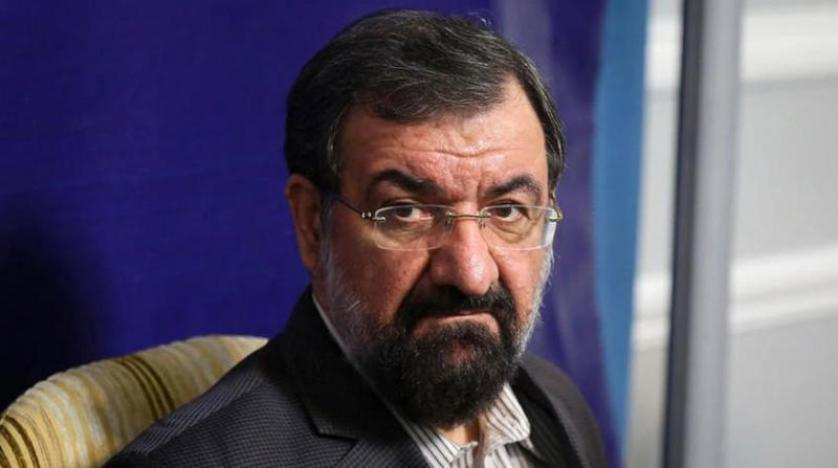The Iranian Ministry of Foreign Affairs has expressed reservations about statements made by the Secretary of Iran’s Expediency Council, Mohsen Rezaee, on Syria and Iraq’s refund to Iran.
This is the second time in 72 hours in which the Iranian Foreign Ministry insists on distancing the official stance from the statements made by Rezaee during an interview with the Financial Times.
Rezaee was slammed by Iranian officials, who considered that his statements serve his intention to run for the presidential elections in June.
Foreign Minister Mohammad Javad Zarif said Iranian officials are free to express their ideas, but those personal opinions should not be regarded as the country’s official state policy.
“Iranian polity is vibrant and officials express diverse opinions. But those opinions should not be confused with state policy,” he said in a tweet on Friday.
Iran will soon present a “constructive” plan of action, Zarif said.
“As Iran’s Foreign Minister and chief nuclear negotiator, I will shortly present our concrete plan of action, through proper diplomatic channels,” Zarif added.
This incident is not the first of its kind.
The special adviser to Iranian Supreme Leader Ali Khamenei and former head of the Revolutionary Guard Corps, Yahya Rahim Safavi, stated in September that Iran will seek a refund of its payments in Syria and Iraq.
Regarding Syria, Safavi asserted, “we signed contracts with the Syrians in exchange for things,” noting that “the Russians benefit from Syria more than Iran does.”
“We’ve received cash dollars every time we helped the Iraqis,” he added.
Since 2012, the Iranian Ministry of Foreign Affairs has spent at least 16 billion dollars in support of its regional arms.
Iran rejects to provide official figures regarding its human and financial losses in Syria and Iraq.
 Eurasia Press & News
Eurasia Press & News




